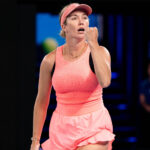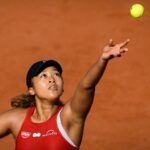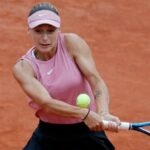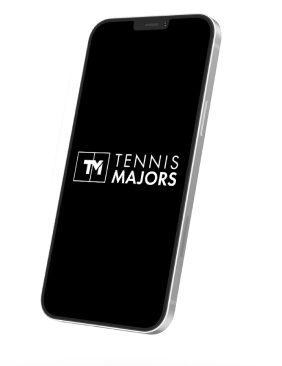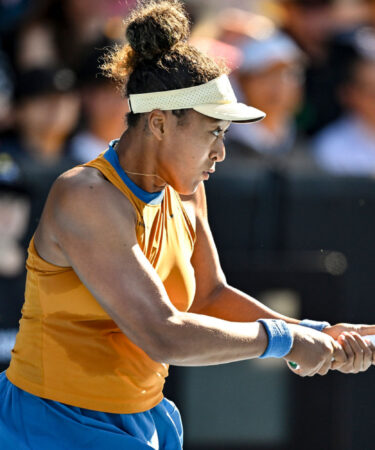Recharged Osaka Speaks: calls for “measures to protect athletes” in open letter
In her first public comments since pulling out of Roland-Garros for mental health reasons, Naomi Osaka explained her vision of a better press-player dynamic.
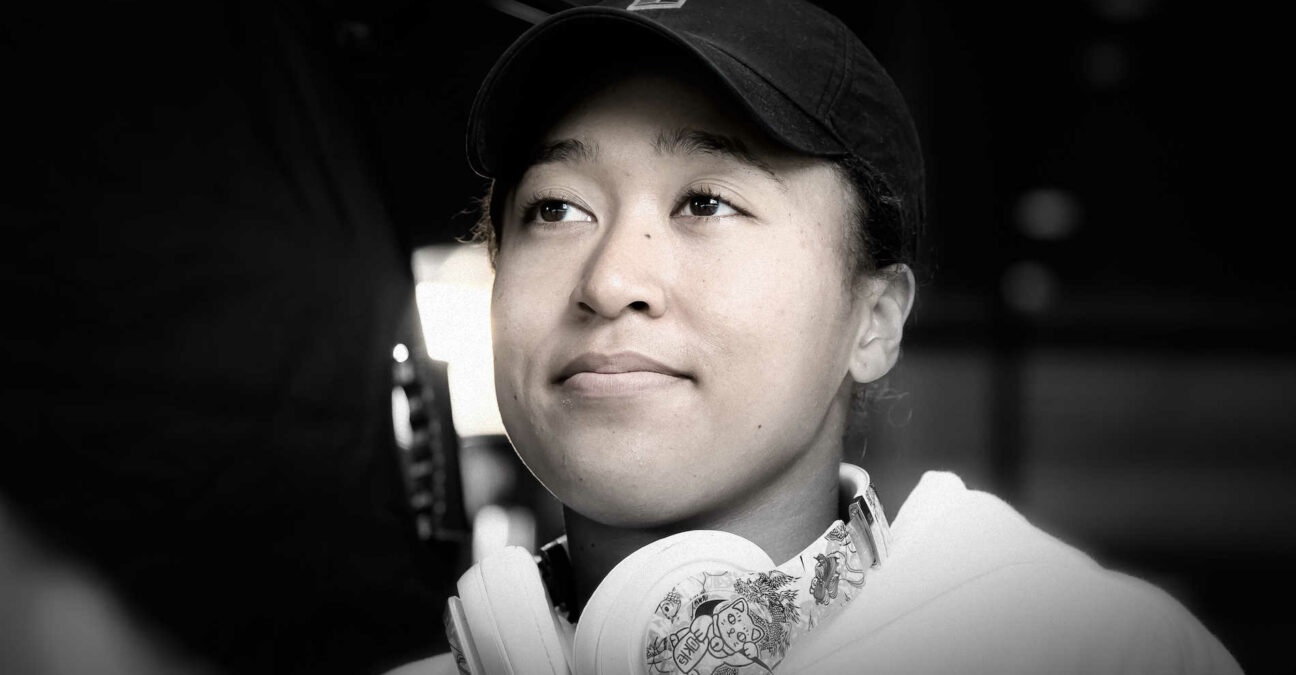 © Rob Prange / ZM / Panoramic
© Rob Prange / ZM / Panoramic
Just over a month after boycotting the press at Roland-Garros, a decision which led to controversy and an eventual withdrawal from the tournament, Naomi Osaka has made her first public comments, in a letter the 23-year-old penned for Time Magazine.
Here are some of the key takeaways from Osaka’s letter to the public…
Osaka’s intention was never to inspire revolt
Many were concerned that Osaka had opened a “can of worms” that might cause other players to rethink their relationship with the press and also consider going silent. Osaka says that she never intended to turn players against the press. She merely wanted to inspire a dialogue about better ways to hold press conferences.
“One of their main concerns was that I might set a dangerous precedent, but to my knowledge, no one in tennis has missed a press conference since,” she wrote. “The intention was never to inspire revolt, but rather to look critically at our workplace and ask if we can do better.”
There was pressure to disclose symptoms
Osaka has made it clear that she does not appreciate the fact that Roland-Garros, and the press, questioned her symptoms. She says she hopes the sport can do a better job of protecting athletes, particularly the fragile ones.
“In my case, I felt under a great amount of pressure to disclose my symptoms—frankly because the press and the tournament did not believe me,” she wrote. “I do not wish that on anyone and hope that we can enact measures to protect athletes, especially the fragile ones. I also do not want to have to engage in a scrutiny of my personal medical history ever again. So I ask the press for some level of privacy and empathy next time we meet.”
Djokovic named as a supporter
The four-time Grand Slam champion thanked many of the people who have shown support for her during this difficult time, naming just one tennis player – Novak Djokovic.
“I also want to thank those in the public eye who have supported, encouraged and offered such kind words. Michelle Obama, Michael Phelps, Steph Curry, Novak Djokovic, Meghan Markle, to name a few,” she wrote.
Osaka admits that she is a reluctant advocate in a sense, because she doesn’t enjoy thrusting herself in the spotlight. But nevertheless, she is happy to speak up and do what she can to help others.
“I am naturally introverted and do not court the spotlight,” she wrote. “I always try to push myself to speak up for what I believe to be right, but that often comes at a cost of great anxiety. I feel uncomfortable being the spokesperson or face of athlete mental health as it’s still so new to me and I don’t have all the answers. I do hope that people can relate and understand it’s O.K. to not be O.K., and it’s O.K. to talk about it. There are people who can help, and there is usually light at the end of any tunnel.
“Michael Phelps told me that by speaking up I may have saved a life. If that’s true, then it was all worth it.”
Excited for Olympics
Osaka is fired up to return to the court in less than three weeks. She says after time away from tennis, she is looking forward to playing the Tokyo Olympics.
“After taking the past few weeks to recharge and spend time with my loved ones, I have had the time to reflect, but also to look forward. I could not be more excited to play in Tokyo. An Olympic Games itself is special, but to have the opportunity to play in front of the Japanese fans is a dream come true. I hope I can make them proud.”
People in this post
More tennis news
Extraordinary teenager Tien stuns Medvedev in Australian Open epic for the ages
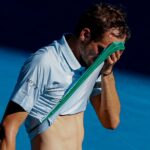
Australian Open: Paolini eases past Zarazua to advance into third round

“I don’t think I have any limits” – Great promise for Fonseca despite defeat

Raducanu’s positive start to 2025 epitomised by revelation of apology to Andy Murray
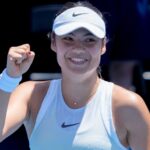
Australian Open: Collins defeats Aiava to reach third round
